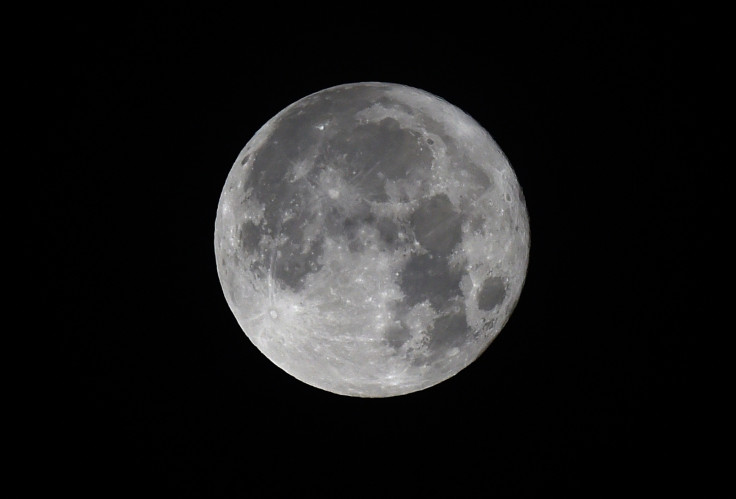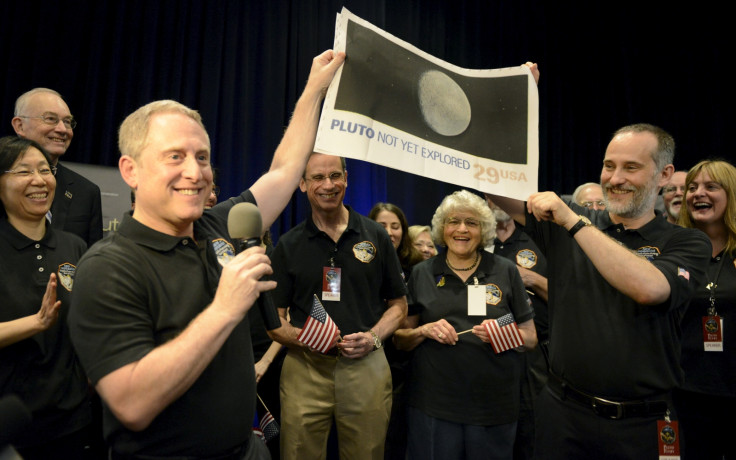Nasa scientist wants the Moon to become a planet by changing a definition
KEY POINTS
- A body is only granted planet status if it meets a three-point criteria
- Alan Stern believes re-defining planets could improve space exploration
The Nasa scientist who engineered the first spacecraft which flew to Pluto is proposing a shake-up of definitions to grant the Moon the status of a planet.
Alan Stern, who has worked at the space agency since 1991, spearheaded the 2006 New Horizons project that allowed photographs to be taken of Pluto, which has since been downgraded from a planet to a dwarf planet.
Stern, speaking at a lecture in Boston, Massachusetts, said he wants a re-imagining of the way the world perceives planets because it will allow and encourage further exploration of bodies across the universe.
"In the mind of the public, the word "planet" carries a significance lacking in other words used to describe planetary bodies… many members of the public assume that alleged 'non planets' cease to be interesting enough to warrant scientific exploration."
The engineer is also calling on the International Astronomical Union (IAU), who rule on such classifications, to restate Pluto to its former planet rank after it was stripped of the title in 2006 for failing to meet its three-point criteria.
According to the IAU, a 'planet' must be in orbit around the sun, have enough mass to assume a hydrostatic equilibrium (a nearly round shape) and needs to have "cleared the neighbourhood" around its orbit (i.e. has bodies orbiting it, rather than sharing an orbit). Pluto fails the final criteria because it is gravitationally dominant and has no bodies of comparable size in its vicinity.
The moon, therefore, fails the first criteria as it orbits the Earth instead of the Sun, but Stern is proposing a new definition where a body that orbits another planet determines its upgrade in status, which would also allow the moons of Jupiter and Saturn to become planets.

Stern continued: "A common question we receive is, "Why did you send New Horizons to Pluto if it is not a planet anymore?" To mitigate this unfortunate perception, we propose a new definition of planet.
"In keeping with both sound scientific classification and people's intuition, we propose a geophysically based definition of planet that emphasises a body's intrinsic physical properties over its extrinsic orbital properties."
The Sunday Times say he will pitch his theory to the American Association for the Advancement of Science (AAAS), a society that aims to increase scientific freedoms for the benefit of all people.

© Copyright IBTimes 2025. All rights reserved.





















